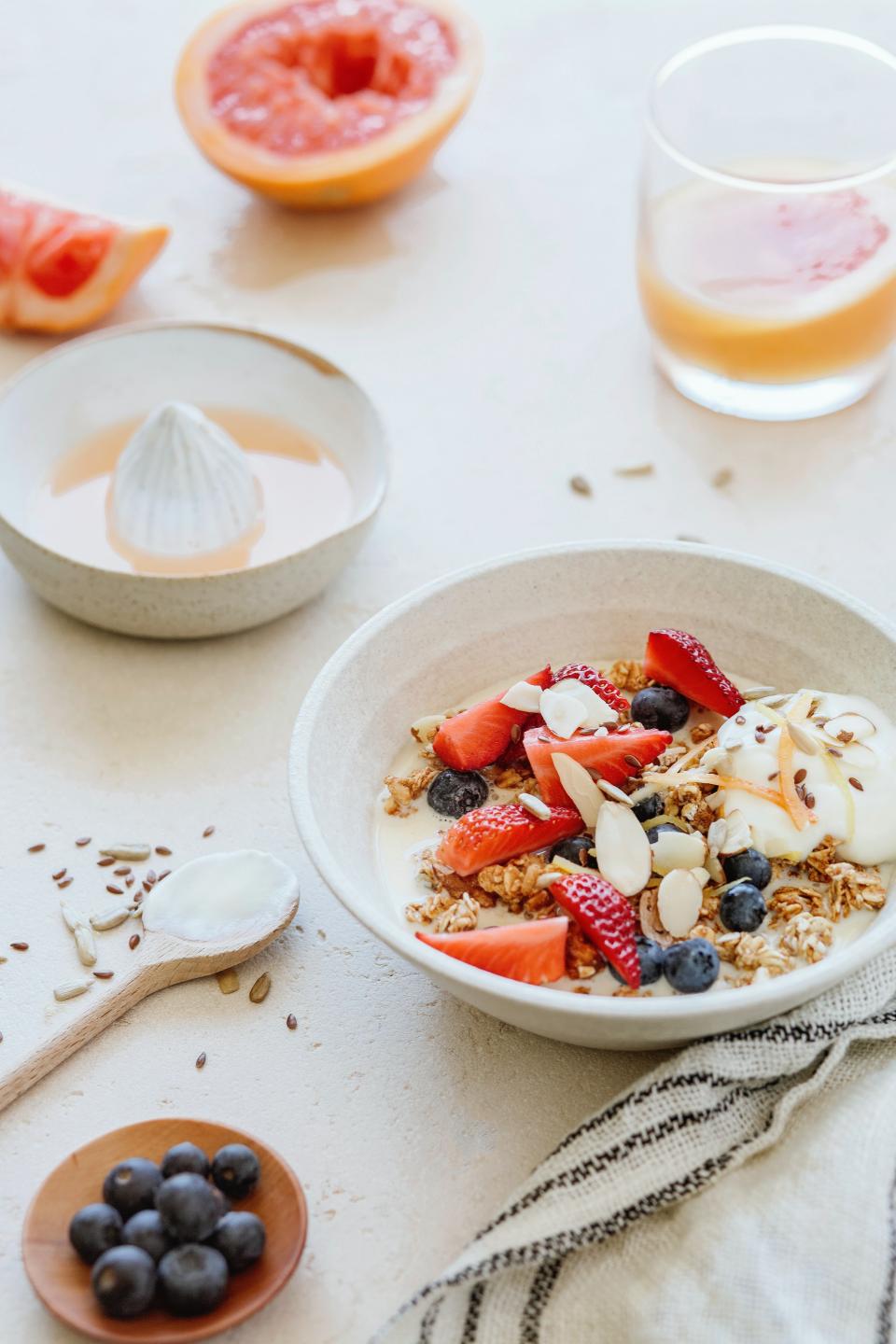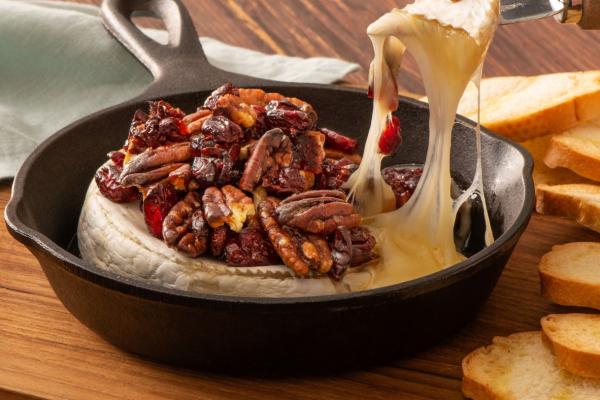Gut bacteria – our invisible allies
Your gut is home to billions of good bacteria that play a fundamental role in your overall health. Collectively, these bacteria are called gut microbiota or intestinal flora. Don’t feel repulsed by these bacteria—they’re extraordinary allies that help promote regularity as well as your overall wellbeing. For example, some studies suggest that a healthy digestive system can contribute to overall wellbeing by helping to:
- support a strong immune system
- promote better weight management
- improve energy and mood levels
Nourish your gut
The foods you eat on a daily basis influence your gut health. That’s why it’s important to adopt a balanced diet, including a variety of foods that are good for the gut.
Want to optimize your gut health? Include these foods in your menu:
- fruits and vegetables;
- whole-grain foods;
- nuts and seeds;
- fermented foods (like yogurt, cheese, and kimchi);
- probiotic foods (like certain yogurts and kefir);
- prebiotic foods (like lentils, rye, and asparagus).
Get your fill of fibre
Eating a variety of fibre-rich foods benefits both our gut and overall health. The natural fibre found in many plant-based foods (like fruits and vegetables, legumes, whole-grain foods, nuts, and seeds) helps to support the health of your gut microbiota as well as your general wellbeing. In fact, certain types of fibre act as prebiotics that serve to nourish gut bacteria, while others help to keep you regular.
Would you like to consume more fibre daily? Fill half your plate with fruits and vegetables, add some crunch to your salads with nuts, and introduce your family to new whole grains, like barley and quinoa. Let yourself be inspired by our “Dietitians’ favourites”, like this delicious Layered top to bottom beet salad.
Enjoy fermented foods
Eating fermented foods regularly helps support gut health because they provide probiotics. Fermentation is a natural process that transforms milk into cheese or yogurt, and cabbage into sauerkraut or kimchi. Living microorganisms, such as certain harmless bacteria or yeast, are added to beverages or foods to help kick off the fermentation process. Thus, it’s thanks to lactic acid-producing bacteria that we can transform milk into yogurt. These good bacteria also play a crucial role in the production of cheese. As probiotics, these good bacteria also benefit our health.
Are you in the habit of eating fermented foods? Here are a few ideas to help you include fermented foods in your diet more often:
- Start the day off right with a smoothie made with kefir or probiotic yogurt, like this Get up and go breakfast smoothie;
- Take your taste buds on a journey by adding kimchi (a traditional Korean dish made with spicy fermented cabbage) or fresh sauerkraut to your meal;
- Prepare dips with plain Greek yogurt for your children’s snacks, like this Super-duper dip;
- Savour a slice of aged Cheddar, Blue, or Parmesan cheese for dessert.
Good to know: The bacteria found in yogurt and kefir break down some of the lactose, making these foods more easily tolerated by people with lactose intolerance. Learn more about lactose intolerance.
Better together
Probiotics and prebiotics are a powerful team.
Probiotics are good bacteria that can have a positive impact on your health when consumed on a regular basis and in sufficient amounts. Eating foods that contain these on a daily basis, such as probiotic yogurt and kefir, can ensure your gut is always well-supplied with these good bacteria.
Prebiotics act as food for the good bacteria in your gut and allows them to thrive. Prebiotics are found naturally in many fruits and vegetables (such as asparagus, green peas, garlic, and beets), whole grains (such as barley and rye), as well as legumes (such as lentils, chickpeas, and red kidney beans).









